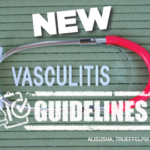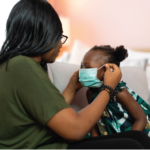The ACR, in concert with the Vasculitis Foundation, released three new vasculitis guidelines online first in July, with a fourth slated for publication by the end of the year. These are the first ever to be produced and endorsed by the ACR and the Vasculitis Foundation. Although most of the recommendations are conditional, due to…









